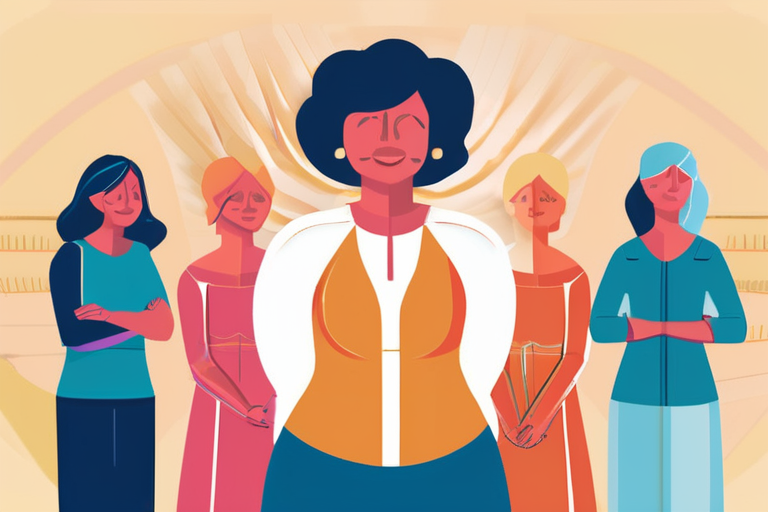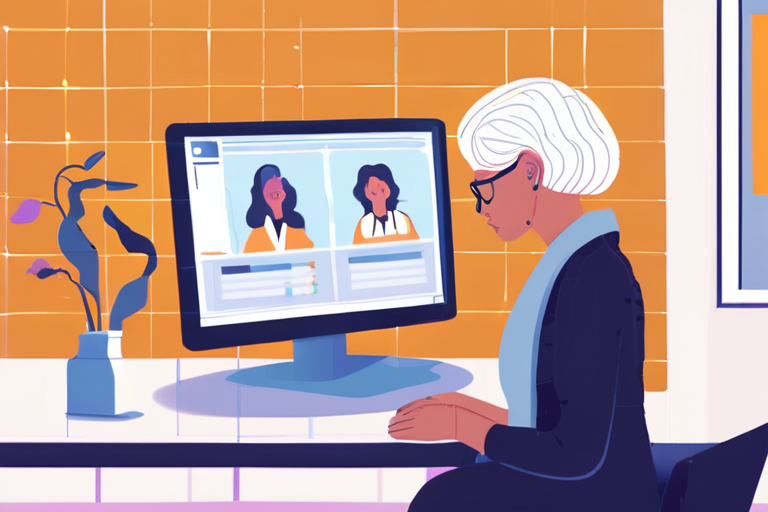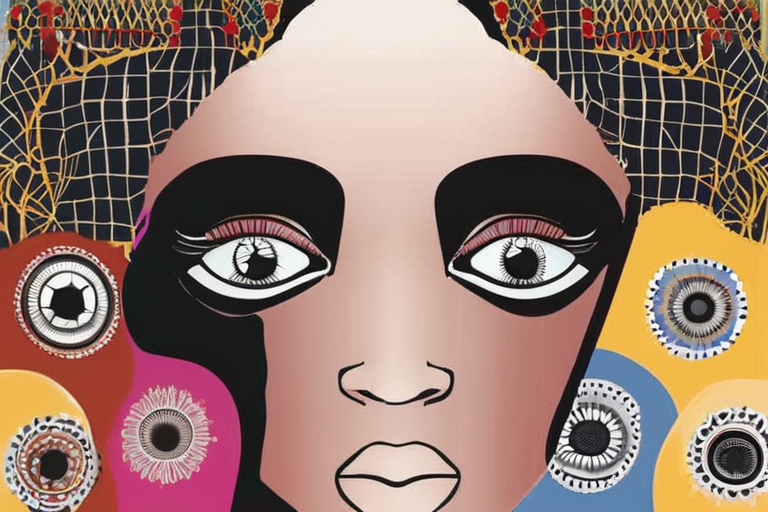Women's Voices Rise: Strengthening Support for Menopause Care Worldwide


Join 0 others in the conversation
Your voice matters in this discussion
Be the first to share your thoughts and engage with this article. Your perspective matters!
Discover articles from our community

 Hoppi
Hoppi

 Hoppi
Hoppi

 Hoppi
Hoppi

 Hoppi
Hoppi

 Hoppi
Hoppi

 hoppi
hoppi

Breaking News: Early HRT May Reduce Women's Risk of Alzheimer's A groundbreaking study published today reveals that starting hormone replacement …

Hoppi

Perimenopausal Beauty Boom: Stripes by Naomi Watts Leads the Charge In a shift that reflects changing demographics and consumer interests, …

Hoppi

Breaking News: The Period Brain Simplifies PMS, But Experts Question Depth A new book, "The Period Brain," by Sarah Hill …

Hoppi

Groundbreaking Study Reveals Evolutionary Explanation for Women's Longer Lifespan A comprehensive analysis of life expectancy data from 1,176 species has …

Hoppi

World Menopause Day: Support Women, Strengthen Systems On World Menopause Day, experts are calling for a coordinated plan to address …

Hoppi

BREAKING NEWS Girls' Rights Under Threat as International Day of the Girl Sparks Global Outrage October 11, 2023 - Reports …

hoppi